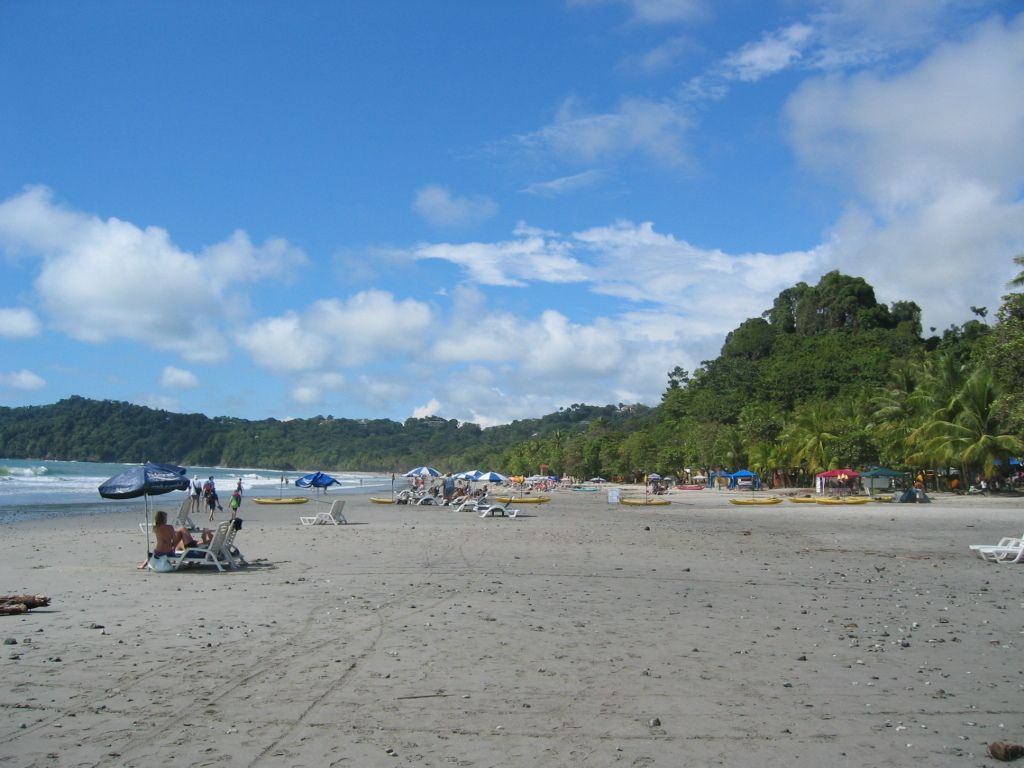Potential future scenario for towns in the UK: Ballymena serves as a possible indicator of the future.
A wave of hate sweeping through our heartlands
Cover Art: A burning building amidst smoke and chaos.
Rowan Clarke, Staff Writer
25th June 2025
Rampaging mobs, burning buildings, and unspeakable acts of violence. It's a narrative slowly etching itself into the fabric of our society. The latest chapter? Ballymena, County Antrim in Northern Ireland, which has been under siege for the past four nights.
This week, two 14-year-old boys from the Roma community were charged with attempted rape. The media, citing uncertainty and politeness (or cowardice), vaguely referred to the boys' heritage, hinting at a connection to the Eastern Europeans. Yet, the whispering winds of hate transformed this heinous act into a reason for righteous indignation.
Not just against these alleged perpetrators, but against the entire Roma community and, by extension, any individual with foreign roots. A peaceful protest was co-opted, and chaos ensued. Homes were attacked, cultural centres set ablaze, and innocent lives uprooted in the mayhem.
Make your voice heard - support our journalists
Support independent journalism. Your donation helps us continue to keep you informed.
Now is the time!
Become a supporter
The inferno consuming the land
A leisure centre, believed to be housing migrants, was targeted in Larne, a nearby village. Conversations on social media escalated tensions, leading the mob to believe that the establishment was sheltering migrants displaced from Ballymena. Reminiscent of previous incidents across the UK and Ireland, information gaps filled with misinformation and unfounded fears.
As the flames rise, so does the fear that this could be the start of a long, hot summer. Alarmingly, unrest is spreading across Northern Ireland. The rift is not just anti-migration but anti-migrant.
One small step towards truth
There is no denying that our communities, particularly those enduring deindustrialisation, strained resources, and increasing crime, are struggling. The influx of cheap labor, stretched social services, and the questionable wisdom of turning local hotels and leisure centers into asylum accommodations have left many communities feeling abandoned and ignored.
Yet, it's crucial to distinguish between opposition to mass immigration and outright hate. The majority of British and Irish citizens understand the workings of our flawed asylum systems and have compassion for those taking refuge in their nations. They don't fault genuine refugees for their circumstances but rather, the institutions that fail to provide adequate support and integration.
Seeking the heart of the matter
The resentment simmering beneath the surface demands our attention. Failure to address the political, economic, and cultural factors behind these tensions will only fuel the fire. Our dismantled communities, the growing sense of cultural anxiety, and the distrust of local governance, especially regarding immigration, terrorism, and crime, must be confronted head-on.
Ballymena serves as a stark reminder that our society is at a crossroads. The decision we make now—whether to ignore the rising heat or to exchange our assumptions for empathy—will determine whether we will weather this storm or risk being consumed by its flames.
Meet our dedicated team
Find out who's behind the stories that shape our world
Meet our team
Your assistance is crucial
We speak truth to power, but we can't do it without your help.
Here's how you can support us:
- Become a sustaining donor
- Make an instant donation
- Join our Patreon community
Thank you for upholding the pursuit of truth.
Reader Insights and Recommendations
- Understanding the source of the discontent: Investigate and address the root causes behind the widespread frustration and resentment felt by many communities. This includes economic hardship, eroded social bonds, and perceived failure to provide adequate support for immigrants.
- Promoting dialogue and empathy: Foster open and constructive conversations between diverse groups to build understanding and empathy, reducing fear and misunderstanding.
- Strengthening local governance: Enhance the capacity of local authorities to handle the challenges posed by immigration and to provide support to integrate newcomers effectively.
- Examining the role of social media: Monitor the impact of social media on community tensions and develop strategies to counteract the spread of misinformation and hate speech.
Looking ahead
A changing world demands a discerning perspective. As we navigate the forces shaping our times, strife and resolution, division, and unity stand hand-in-hand. But it is our capacity to stand united, to overlook our differences, and to remember our shared humanity that will define our journey ahead.
Rowan Clarke is a staff writer at our newspaper. Follow him on LinkedIn: Rowan Clarke
- The incidents in Ballymena, County Antrim are indicative of a growing trend in 'general-news', where issues like identity politics and culture clashes have escalated, leading to 'cancel culture' and violent responses against specific communities, such as the Roma community.
- The recent unrest in Ballymena, Northern Ireland, serves as a stark reminder of the intersection between 'politics' and 'crime-and-justice', and the disproportionate impact of policies related to immigration on local communities, exacerbating cultural anxiety and tensions.
- As our society grapples with complicated issues like immigration, it is crucial to move beyond simplistic solutions and divisive rhetoric, and instead focus on the underlying factors contributing to the culture of hate and fear, such as economic hardship, social disintegration, and institutional failures in providing support and integration for newcomers.








